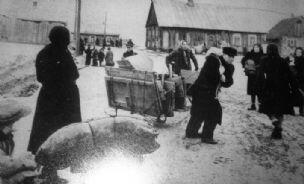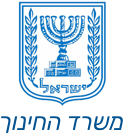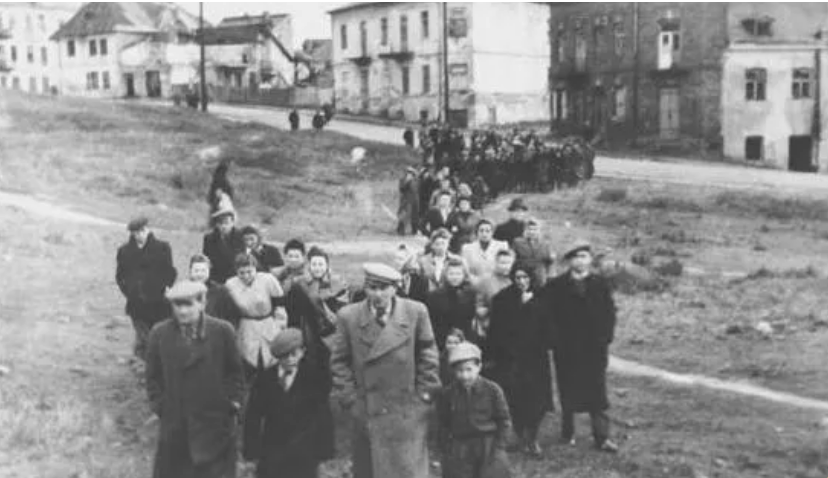
Baruch Diament and the Torah
By: Yaakov Rosenfeld On the train going to Lodz, frightened Jews sat huddled together, impatiently waiting for the moment when they would reach their destination. It was in the summer of 5706 (1946), a short period after the end of the terrible war. "Two from a city and one from a family" survived the inferno, and those who tried to return and acclimatize in their old home, in the place where they grew up and were brutally displaced from, were soon to learn that their neighbors, the Polish gentiles, were similar in their wickedness to the Nazis. In the city of Ostrowiec, where sevent... Read more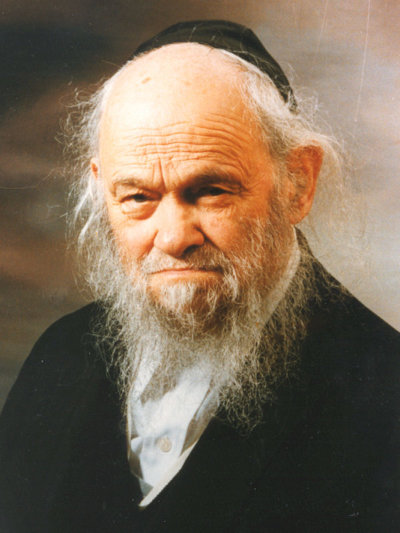
Would You Give Away Your Bread in a Concentration Camp?
By: Rabbi Dovid Campbell, Originally printed on Aish.Com on May 7, 2023 In the dark pits of hell, Rabbi Gershon Liebman somehow managed to spread his light. Life in the concentration camps was inherently dehumanizing. The work was crippling, the hunger was unimaginable and the threat of death was constant. Under these conditions, it was difficult to focus on anything but survival. The young Rabbi Gerson Liebman, who would eventually become a powerful force for Jewish education in postwar Europe, quickly recognized the great need to preserve his sense of humanity. Throughout his time ... Read more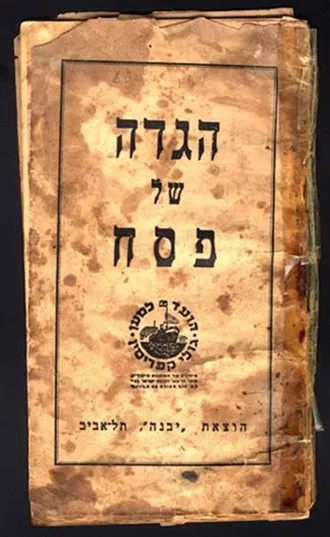
To Be Free Men in Exile in Cyprus: Passover in the Detention Camps
"If You had given us the Torah and not allowed us to enter the Land of Israel, it would have been enough for us." By: Devorah Surasky Passover 5707 (1947): From the works of Rabbi Yaakov Bentzion Rotner "We dealt with Torah lessons and making the kitchens koshers, and in private before Passover we arranged to sell the chametz (leaven) of all the camps...matzahs for the population were sent from the Land of Israel, but for us matzahs with Badatz supervision (a stricter kosher standard) were sent." (Rabbi Yaakov Bentzion Rotner, "And I Will Tell of the Deeds of G-d") The "Shabt... Read more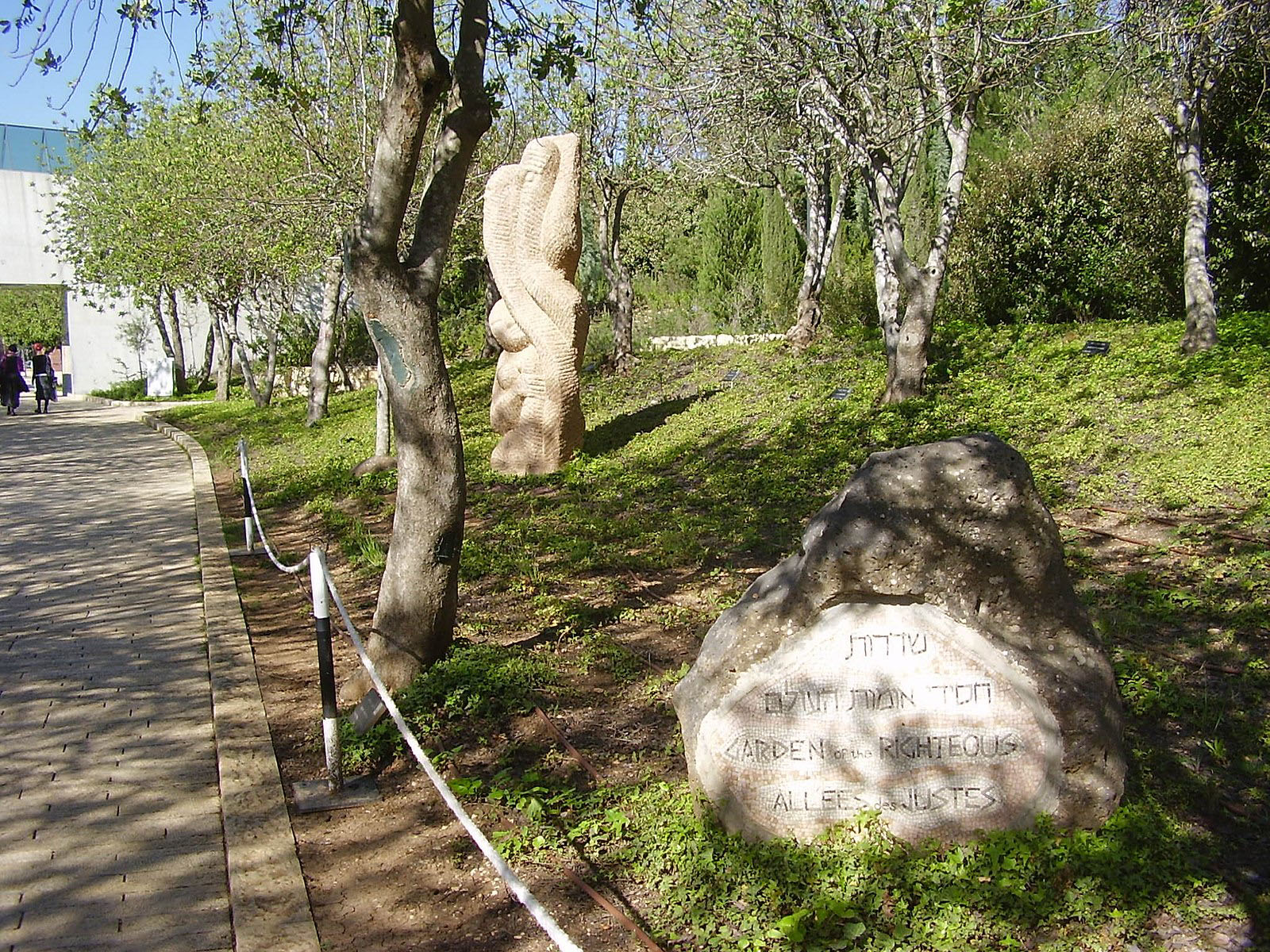
The Righteous Among the Nations, Then and Now
By Rabbi Chaim Steinmetz, originally published in Jewish Journal on January 13, 2023 On August 15, 1942, a 12-year-old boy named Shmulik slipped out of the Bobov ghetto in search of a place to hide. The day before, all of the inhabitants of the ghetto had been taken into the woods and shot. Shmulik, who was still wearing his pajamas, managed to survive by hiding in a crawl space between the roof and the attic. As he wandered out of the ghetto, he found his way to the home of Polish peasant woman, Balwina Piecuch, who had treated his family kindly in the past. When he arrived at her door... Read more
The Torah was Exiled with Them: Torah in the Cyprus Detention Camps
More than the Voices of Great Waters: Rabbi Yitzchak Kalonymous Stein z"l By: Devorah Surasky The Yeshiva and Torah Study As soon as we arrived there, some young people gathered and founded a yeshiva. The rabbi was a dear Jew from Budapest named Rabbi Yitzchak Stein z"l, and although we had no textbooks, only a few tractates of Bava Kama without interpretations, we would still get up in the winter early in the morning and study Bava Kama with Rashi (a rabbinic interpreter) and Tosfot (another rabbinic interpreter) according to our limited understanding due to lack of books. Later, Po... Read more
Babi Yar: Do Not Be Silent, 80 Years Since the Slaughter, Tishrei 5702 (Sept. 1941)
As evening fell, during the night of Yom Kippur 5702, when the voices of those praying rang out of the synagogues with the words "Our Father, our King, we will avenge the blood of Your servants that has been spilled" - the cries of those murdered in Babi Yar had not yet died down, and they mingled with each other. In the soil of Babi Yar, not only were the murdered buried, but also their story, which was covered up and kept a secret, and the voice of our brothers' blood cried out from the ground in silence… The account of the murder in Babi Yar raises poignant questions: what did the... Read more